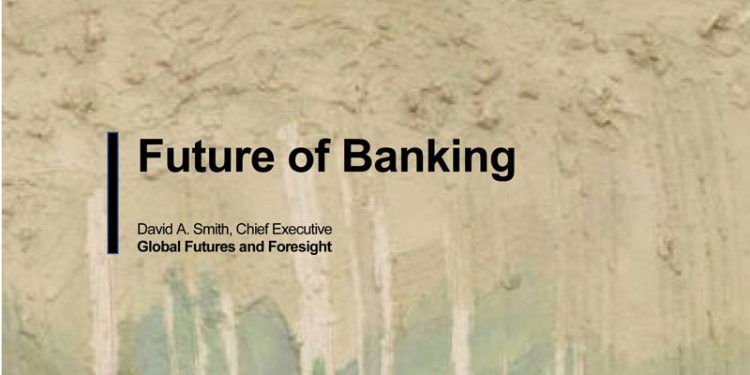The founder of the World Economic Forum, Klaus Schwab, suggests that the coming intelligent era, marked by ambient technology, will be a ‘transformation will be unlike anything humankind has experienced before.’ People and the organisations they inhabit could change profoundly as a result. Banks of all persuasions will not be exempt from this change.
Strategic threats, through disintermediation, new market entrants and evolving models around the world are ushering in a third digital revolution that will see declining costs in tandem with rising efficiency. The mental models that underpin current banking models will need to change thanks to technology, shifting human behaviour and the ways in which the two interact. Artificial intelligence is chief among these technologies, leading a transformation happening 10 times faster and at 300 times the scale, or roughly 3,000 times the impact, of the Industrial Revolution.
Whether banks have the flexibility and change management prowess to change at speed remains an open question. They have access to many of the tools that new entries threaten incumbents’ positions with. Access to data will enable banks to form and leverage a more complete picture of the individual customer, allowing more personalisation – whether in the form of offers, real-time lending decisions or through adding value by providing gleaned insights back to the customers.
Companies like Amazon and Baidu have helped heighten consumer expectations to the point that 76 percent of consumers now expect organisations to understand, and presumably act upon, their individual needs Leveraging technology will be critical in achieving this, but the larger and tougher form of systemic change lies in cultural and strategic change. Banks would be wise to prioritise consumer-centric offerings and practices with regards to collaboration, technological adoption, and the crafting of new business models.
The gap between ‘what’s possible’ and business as usual is widening. Technology is evolving at a rate far greater than many businesses can adapt to, let alone use effectively in a strategically coherent manner. Talent, technologies, strategies and structures will all need to evolve to create new value pools and markets. Banks must first consider where their strengths are, where their weaknesses are and what partnerships and ecosystem positioning is appropriate in seeking to deliver such a transformation.
You can download the PDF of the full report by using the button at the top of this page.

